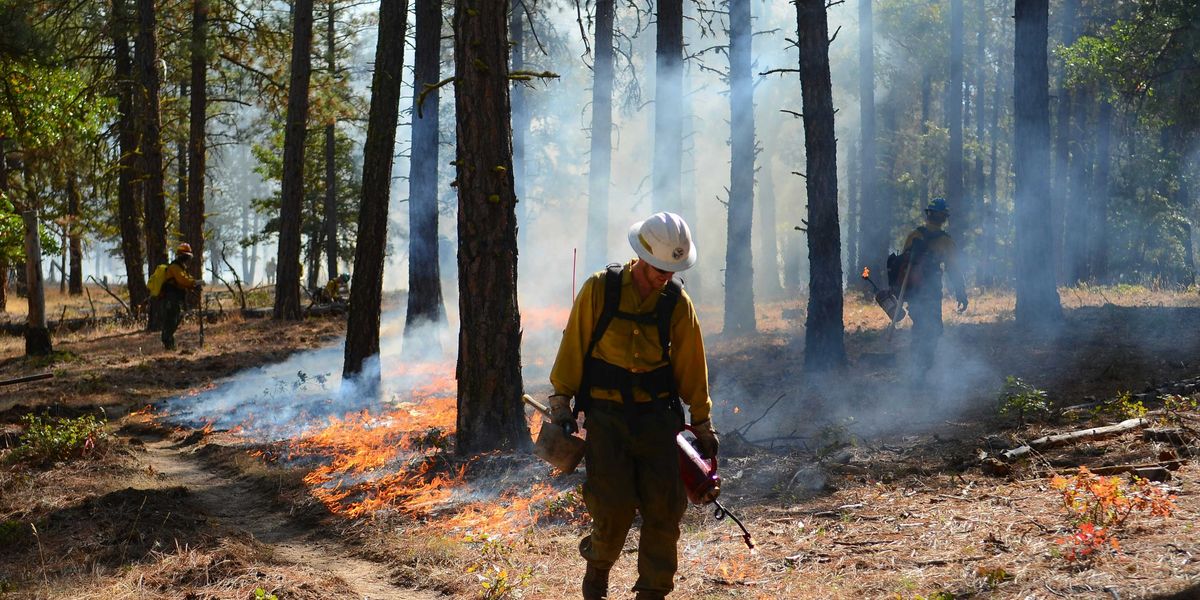These new changes could re-shape environmental justice in Pennsylvania
The policy is open for public comments through November 30.
PITTSBURGH — The Pennsylvania Department of Environmental Protection (PA DEP) is holding a public meeting in Pittsburgh tonight on the agency’s first proposed updates to the state’s environmental justice policy in 20 years.
Environmental Health News (EHN) spoke with Rich Negrin, secretary of PA DEP to get a quick summary of the new policy. We also spoke with Pamela Darville, a civil rights lawyer and volunteer for POWER Interfaith, a racial justice advocacy organization, to hear an environmental justice advocate’s perspective on the new policy.
Environmental justice communities make up about 20% of the state, according to PA DEP. Following a series of public meetings and a public comment period, the agency will make final adjustments to the policy and expects to implement it in 2024.
Changes to the policy include broadening the definition of environmental justice communities to include poor, white rural communities impacted by extractive industries like fracking; directing PA DEP’s inspection, compliance and enforcement efforts to include environmental justice considerations; expanding the translation and non-English language resources available to environmental justice communities; and increasing the agency’s efforts to build long-lasting relationships with communities impacted by environmental challenges.
“Environmental justice is more than just getting the word out to a community about a permit,” Negrin told EHN. “It's about really being embedded in these communities and knowing them.We think the new policy and the new approach really gives us a way to be listening to, and empowering the voices of the community.”
Darville said the policy is an improvement over the previous version, and that her organization, POWER Interfaith, reviewed the policy in an earlier phase and made specific requests to the DEP, almost all of which the agency agreed to. These requests included making changes to the ways the new environmental justice screening tool considers race, income and the cumulative environmental impacts of multiple industrial sites; requiring industrial permit applications to include information about whether proposed industrial activity will take place in an environmental justice area and detail what steps have been taken to engage the community; and creating a public website, among others.
“The department made a number of changes that we found really satisfactory, and we do think it’s an improvement,” Darville told EHN. She added that POWER Interfaith sees a few ways the policy could be improved, including increasing the leadership of the new environmental justice advisory board, fairly compensating community liaisons for their time, and codifying the policy with rules and regulations that would make it enforceable.
“While the overall approach is good, it is non-binding,” Darville told EHN. “The only way to enforce the language of the policy is to have the department engage in a rulemaking process, so we’re urging them to do that.”
The PA DEP has held additional public meetings on the new policy both virtually and in other parts of the Commonwealth, and has meetings in other parts of the state planned through November. Residents who aren’t able to attend meetings are invited to submit their comments on the new policy online until November 30, 2023.













